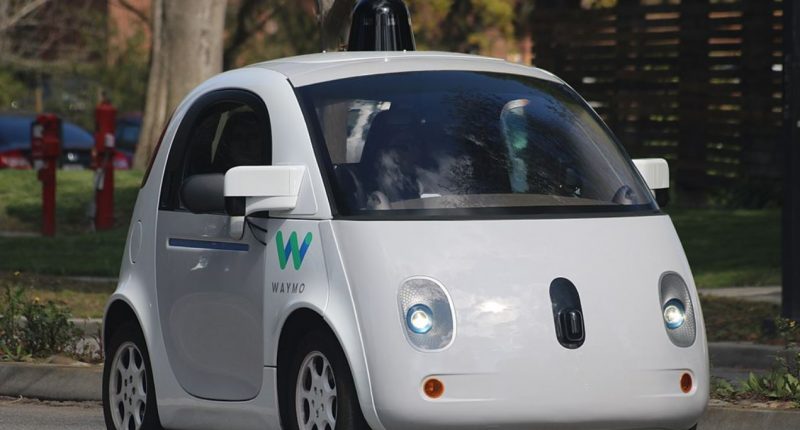Instances of layoffs have been increasingly frequent over the past months, as big tech and startups alike, have struggled to negotiate an economic slowdown, fears of a recession, and a host of other factors. According to tracking site Layoffs.fyi, 428 tech companies have laid off 1,20,342 employees so far this year alone. More numbers are now being added to that list, with Alphabet’s Waymo joining that list.
According to media reports, Alphabet’s self-driving car moonshot laid off 137 employees in its latest – and second – round of job cuts. With this, the total number of employees fired from the Alphabet unit amounts to 209, which makes up 8% of the company’s workforce.
According to various media reports, the self-driving technology unit took the initiative to fire employees in order to “focus on commercial success.” A report by The Information on the matter cites an internal mail from Tekedra Mawakana and Dmitri Dolgov, co-CEOs of Waymo, which further informed that the new round of job cuts would help the company invest in “key engineering areas” (although no elaborations were provided as to which areas are being referred to). Media reports suggest that the second round of layoffs span across some engineering roles at the self-driving automobile unit.
“This step, combined with the January reductions, allows us to ensure that we have the capacity to further invest and grow in key engineering areas, which is critical to our success,” the email added.
“We took a thoughtful approach and feel confident that we’re providing for each of these former teammates through this transition,” the company said in a statement to CNN on Wednesday. “We’re confident that we have the right teams in place to achieve success for Waymo.”
In case you missed it, the aforementioned January reductions refer to the thousands of Alphabet employees who were given the boot earlier this year. In January, Alphabet CEO Sundar Pichai revealed that the company would be conducting mass layoffs across its organization, which affected 12000 employees across verticals across the globe (or around 6% of Alphabet’s global workforce). This is a harsh cry from how its workforce swelled over the past two years – so much that London-based hedge fund TCI Fund Management even asked Google to reduce its headcount and crack down on expenses.
This development is hardly surprising, given the fact that the current economic downturn has been harsh for the auto and tech industry. As companies find that a functional and profitable robotaxi business is still years away from becoming reality, and fully autonomous vehicles have not been as cost-effective as they had anticipated, auto companies have been cautious and investors have been worried.
